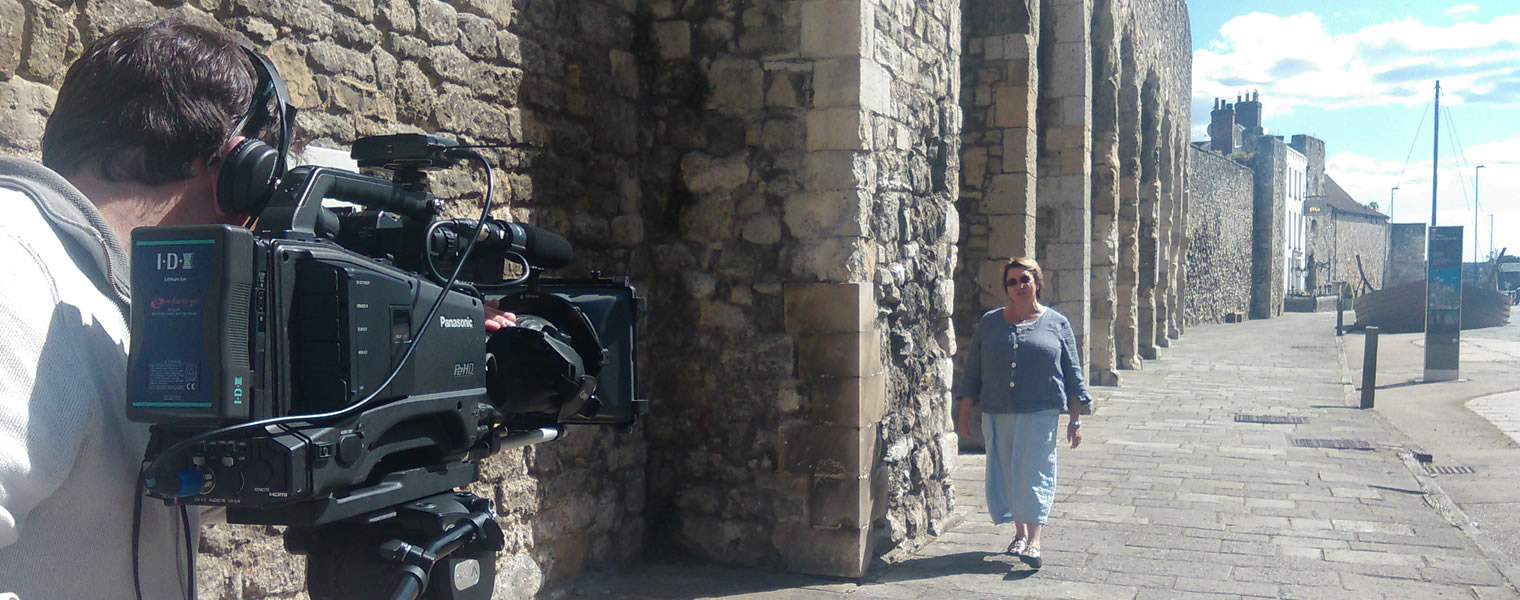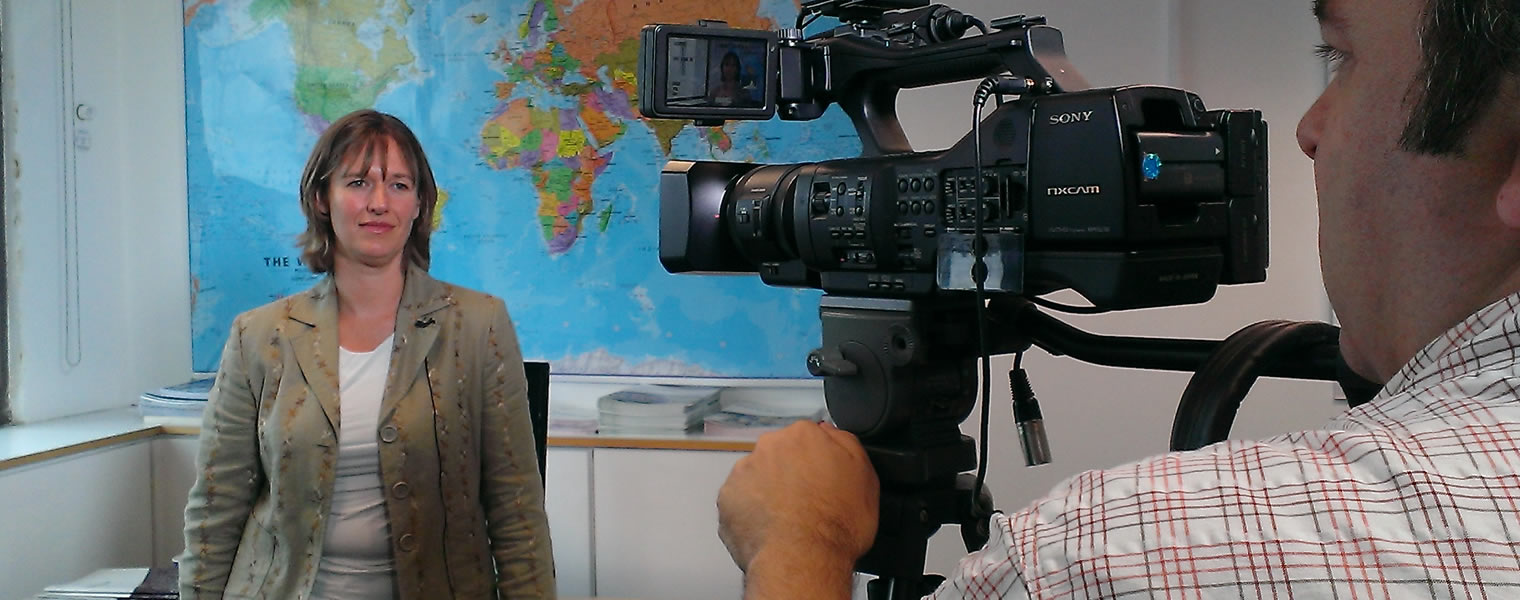Hartley News Online Your alumni and supporter magazine
In 2013 the University of Southampton launched its first Massive Open Online Course (MOOC), a free, flexible distance-learning course open to anyone with an internet connection and a desire to learn. Ten MOOCs and over a quarter of a million sign-ups later, we are one of the leading UK university providers of this innovative learning experience.
Covering topics as diverse as Roman archaeology, Web science, language teaching and learning, contract management and deep-ocean life, our MOOCs offer a flavour of Southampton’s high-quality education to learners around the globe. As well as using online materials such as video lectures, reading material and tests, the courses provide interactive forums that enable students and tutors to become part of a virtual learning community.
What is a MOOC?
- MOOC stands for Massive Open Online Course
- MOOCs are free and there are no entry requirements
- You can study wherever and whenever suits you; there are no deadlines or time limits
- All you need is:
- an internet connection
- a PC, laptop, tablet or smartphone
MOOCs were conceived by Canadian academics in 2008; by 2011, when 160,000 students signed up for a MOOC run by Stanford University in the United States, the huge potential demand for high-quality distance learning was becoming apparent. In 2012 Vice-Chancellor Professor Don Nutbeam committed Southampton to being one of the founding partners of FutureLearn, a UK-based MOOC initiative led by Martin Bean, then Vice-Chancellor of the Open University.
Our MOOC programme is sponsored by Professor Alex Neill, Pro Vice-Chancellor (Education), and its strategic direction is determined by a Programme Board comprising heads of from functions across the University. Leading the team that supports academics to create the MOOCs is Professor Hugh Davis, Director of the University’s Institute for Learning Innovation and Development (ILIaD).
“Initially I wasn’t very enthusiastic about MOOCs,” says Hugh. “I wasn’t convinced that they were an advance in pedagogy, and supposed them to be entirely concerned with building brand and reputation. A couple of years on and we have found that MOOCs can be highly engaging vehicles for learning, and we see that academics who have been involved in their production change their approach to teaching as a result. All the MOOCs we have made have had slightly different motivations, and we have now developed a wide portfolio of courses aimed at different demographics of learners. In the future we can expect to see MOOC approaches being used as much in campus-based learning as in online distance learning.”
Project Manager Paula Higgins, of the Programme Management Office within Strategy, Planning and Analytics, was a member of the MOOC Programme Board until July this year, having worked with stakeholders to establish a project management framework for the development and launch of MOOCs. She explains the rationale behind the University’s choice of MOOC topics.
“The early courses showcased areas of excellence at Southampton, such as the first MOOC in Web science,” says Paula. “Other courses also have student recruitment in mind. For example, Developing Your Research Project, although relevant to anyone embarking on a piece of research, is targeted towards A level students doing extended project qualifications, which are highly valued within students’ university applications. The idea is that they’ll benefit from the MOOC and we’ll be at the forefront of their minds when they come to choosing a university. Similarly, the Understanding Language MOOC provides a taster of our MA English Language Teaching online degree – completing the MOOC gives applicants for this MA the opportunity to apply for a scholarship, which is an innovation in the sector.”
Paula is a MOOC participant herself, having completed the Digital Marketing and Developing Your Research Project courses. “I’ve done online learning before but I think you get more from a Southampton MOOC than a standard distance-learning course,” she says. “Participants post online comments all the way through the course, which really brings it alive and makes you feel as though you are part of a big learning community.”
ILIaD’s MOOC Programme Manager, Kate Dickens, plays a key role in the development of MOOCs; she is involved at every stage, from helping to write proposals for new courses to making sure completed courses are up and running smoothly.
Kate says: “My role involves working with staff across the University, including ILIaD’s learning designers and media production staff, academics, colleagues in marketing, legal services, the library, MOOC Programme Board members and the MOOC Observatory – a research group and repository for MOOC data within Electronics and Computer Science.
“I enjoy working on every part of the MOOC life cycle, for example, scoping out courses with the academic leads and thinking about how to enhance the way learners interact with each course. However, for me the most satisfying aspect is the knowledge that MOOCs are benefiting learners from a huge range of countries, backgrounds and age groups. We know the courses are valued from the feedback and thanks we receive – we’ve even heard about groups of students getting together to crowdsource Arabic translations of our MOOCs.”
Sign up for a MOOC
MOOCs are open to all staff members, whether you want to develop work-related skills or just explore a subject that interests you. To sign up or to find out more about our MOOCs visit
http://www.southampton.ac.uk/courses/free-online-learning.page





